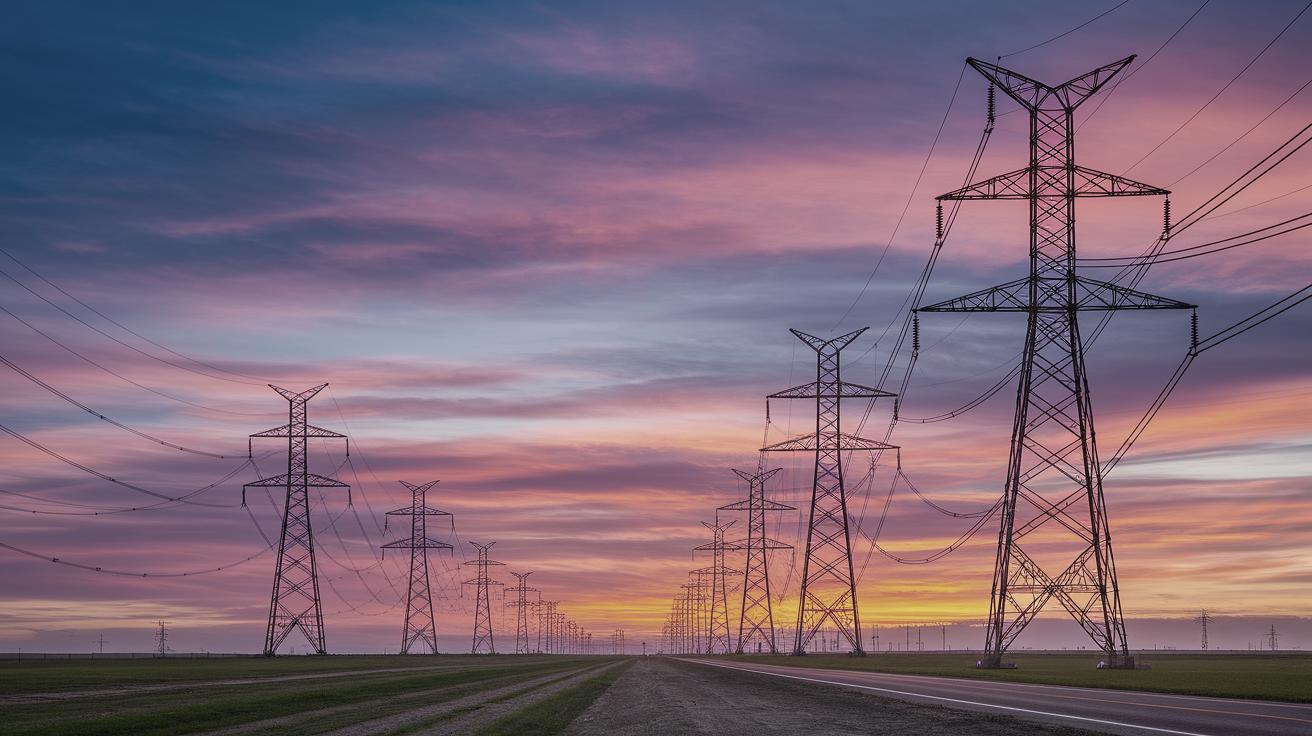The Role of Energy Brokers in the Market
Navigating the complex world of energy markets can be daunting for many businesses and consumers. Energy brokers play a pivotal role in bridging the gap, providing valuable insight and expertise that can lead to more informed energy purchasing decisions. This article delves into the intricacies of what energy brokers do, the skills and attributes necessary to excel in the field, and what the typical workplace environment is like for these professionals. Whether you are considering a career in energy brokerage or simply want to understand how these brokers contribute to the energy market, this comprehensive guide will offer the insights you need.
What is an Energy Broker?
An energy broker acts as an intermediary between energy suppliers and consumers, be it businesses or individual clients. Their primary role is to source the best deals on energy prices and contracts, ensuring that their clients receive competitive rates tailored to their specific needs. As experts in the field, energy brokers possess an extensive understanding of market trends, regulatory requirements, and the nuances of various energy commodities, such as electricity and natural gas.
Energy brokers are often seen as the linchpins of the energy market, providing much-needed transparency and guidance in an otherwise opaque and complicated industry. They work independently or as part of a brokerage firm, leveraging their industry knowledge and relationships with suppliers to negotiate favorable terms and conditions. By taking into account factors such as consumption patterns, contract durations, and supplier reputations, energy brokers enable their clients to make strategic energy purchasing decisions.
What does an Energy Broker do?
At their core, energy brokers provide advisory services to clients looking to navigate the complex landscape of energy markets. This involves conducting thorough market analysis to stay abreast of fluctuations in pricing and supply conditions, allowing them to recommend the most advantageous purchasing strategies. By understanding the unique demands and consumption patterns of their clients, brokers can tailor their advice to align with the energy needs of the client’s business operations or personal consumption habits.
Beyond securing favorable energy rates, brokers play a crucial role in demystifying energy contracts. They assist clients in understanding the fine print of energy agreements, clarifying terms, and highlighting potential pitfalls. This ensures clients make informed decisions with a clear understanding of the commitments involved. The role of an energy broker is not limited to mere transaction facilitation; they also offer continual support and reviews to ensure that their clients’ energy arrangements remain optimal over time.
Are you suited to be an energy broker?
Aspiring energy brokers must possess a unique blend of analytical skills, persuasive communication, and industry-specific knowledge. Those who excel in this field typically have a knack for numbers and exceptional problem-solving abilities, enabling them to decipher complex market data and translate it into actionable insights for their clients. Additionally, they must stay informed about market developments and regulatory changes, requiring a commitment to continuous learning and adaptability.
Strong interpersonal skills are equally important for energy brokers, as relationship-building is a core aspect of the job. Brokers must develop trust and rapport with both clients and suppliers to negotiate effectively and provide reliable recommendations. If you thrive in dynamic environments, possess the ability to simplify complex concepts, and have a passion for connecting people with optimal solutions, a career as an energy broker may be a perfect fit.
What is the workplace of an Energy Broker like?
The work environment for energy brokers can vary widely, ranging from corporate settings in brokerage firms to independent consultancy roles where brokers work remotely or from home offices. Technological advancements and digital communication tools allow brokers to maintain flexibility and manage client interactions and market research efficiently from any location. Additionally, brokers may spend time meeting clients on site or attending industry events to build and reinforce their professional networks.
Regardless of the physical workplace setting, the role of an energy broker is characterized by fast-paced, high-pressure dynamics driven by the complexities of the energy market and client expectations. This demands resilience, multitasking, and the ability to prioritize tasks effectively. For those who thrive on continuous challenges and seek a career where their decisions directly impact client success, the role of an energy broker offers a fulfilling and rewarding professional path.
Lessons Learned
| Aspect | Description |
|---|---|
| What is an Energy Broker? | Intermediaries between energy suppliers and clients, specializing in securing the best energy deals and terms. |
| What does an Energy Broker do? | Provides market analysis, advisory services, demystifies contracts, and offers ongoing client support. |
| Are you suited to be an energy broker? | Requires analytical skills, persuasive communication, industry knowledge, and relationship-building abilities. |
| What is the workplace of an Energy Broker like? | Varied settings from corporate to remote, marked by fast-paced, dynamic, and high-pressure environments. |


